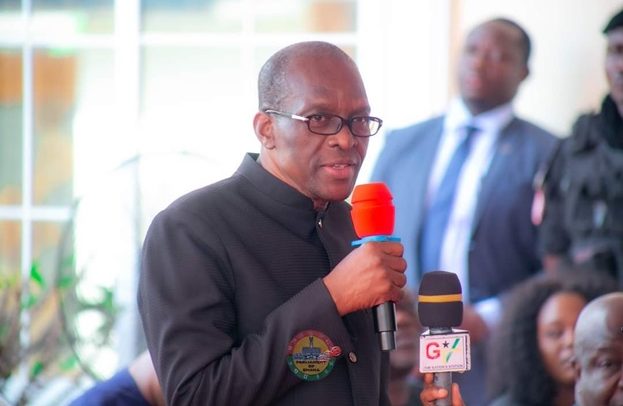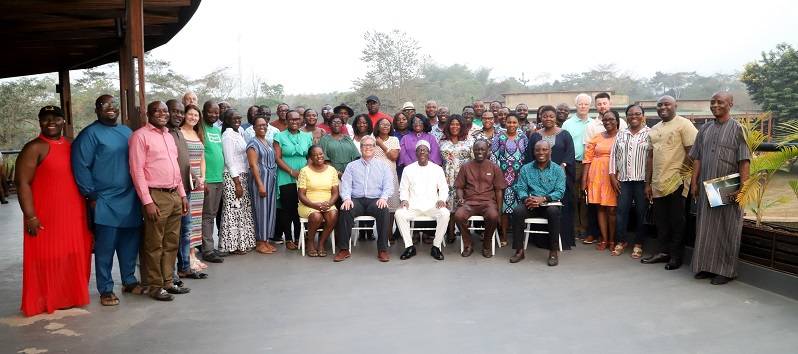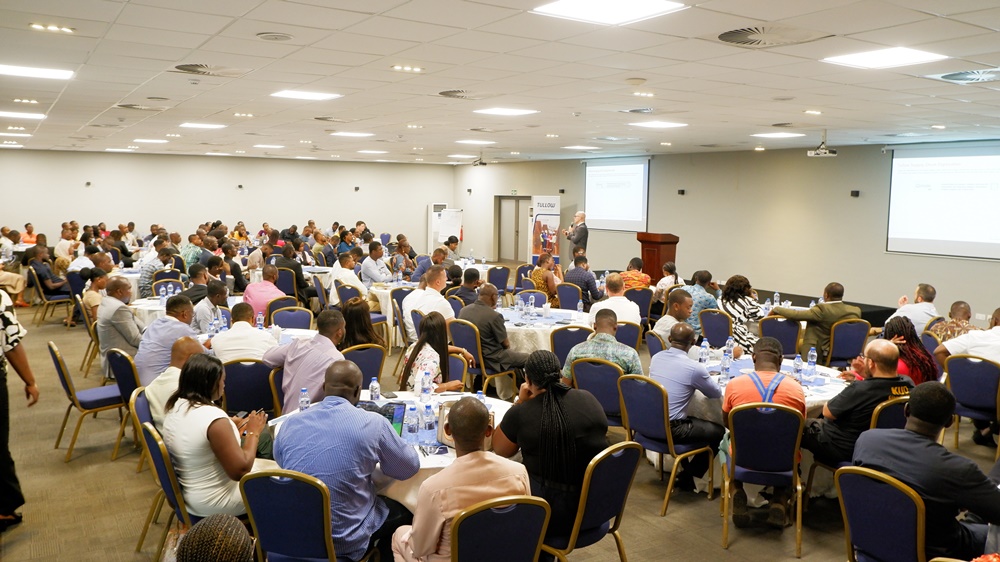
Bank of Ghana Governor Dr. Johnson Asiama spoke recently at an IMF–WAIFEM regional course on macroeconomic diagnostics in Accra – noting that the West African sub-region faces mounting risks from rising debt, climate change and weak growth, making resilience-building a policy priority.
In remarks delivered on his behalf by Special Advisor to the Director of Research John Kotoku, he stated that overlapping global and domestic pressures are testing the region’s stability.
Citing commodity price swings, persistent inflation and the spillover effects of geopolitical tensions such as the Russia-Ukraine conflict which continue to disrupt trade and financial flows, Dr. Asiama noted that these challenges demand bold, coordinated and forward-looking responses if we are to safeguard stability and unlock the promise of inclusive growth.
The 10-day course, organised by the IMF and West African Institute for Financial and Economic Management (WAIFEM), is aimed at equipping officials from central banks and finance ministries with tools to better assess growth potential, output gaps, fiscal and monetary policy stances and financial sector risks.
Dr. Asiama noted that strengthening diagnostic capacity is also essential for advancing regional integration initiatives such as ECOWAS monetary convergence and the African Continental Free Trade Area.
Drawing on Ghana’s own experience, he said robust diagnostics helped guide policy during one of the country’s most turbulent economic periods. Government’s Domestic Debt Exchange Programme, combined with reforms and support from international partners, has begun to stabilise the economy.
Data from first-quarter 2025 showed GDP growth of 5.3 percent compared with 4.9% a year earlier, with non-oil growth accelerating to 6.8 percent from 4.3 percent. The Bank of Ghana’s Composite Index of Economic Activity rose 4.4 percent year-on-year in May, up from 3.4 percent in the same month of 2024 supported by trade, consumption, construction and tourism.
The pressure from a youthful and fast-growing population with unmet job expectations further complicates policy choices. The ability of policymakers to properly diagnose economic conditions is no longer optional.
Meanwhile, the World Bank has unveilled a new set of policy recommendations aimed at helping Ghana achieve long-term economic transformation.
The Bank warned that without urgent reforms, fiscal pressures will deepen. For example, energy sector shortfalls cost government US$1.4billion in 2024 and are projected to reach US$2billion by 2026 – funds that could otherwise support health, education or infrastructure.
The post Editorial: Making resilience-building a policy priority appeared first on The Business & Financial Times.
Read Full Story












Facebook
Twitter
Pinterest
Instagram
Google+
YouTube
LinkedIn
RSS